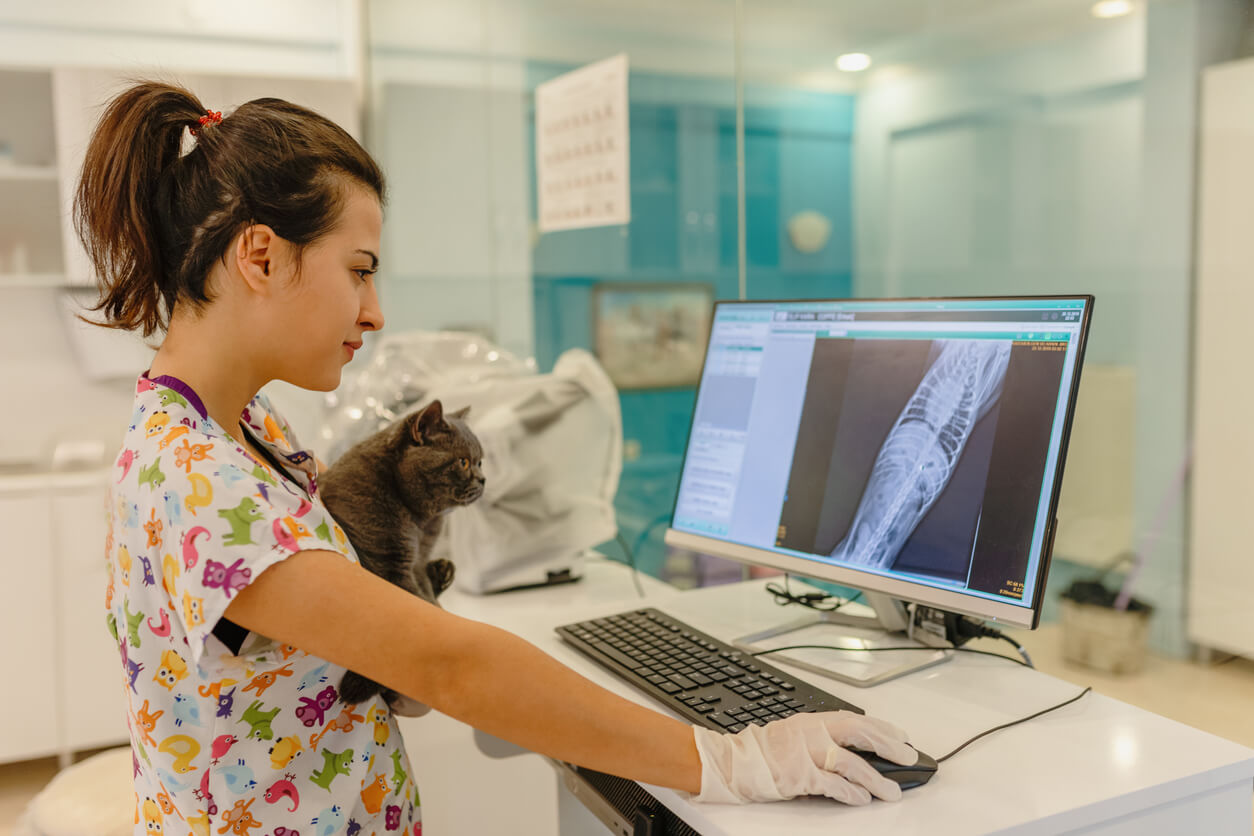When starting a veterinary practice, it’s important to choose a business structure that will allow you to meet your goals. However, there are several business structures to choose from, and it can be difficult to decide which direction to go. Therefore, after reviewing the following information, you should contact an experienced veterinary practice attorney for assistance. Below is an overview of how to choose the right business structure for your veterinary practice.
Sole Proprietorship
A sole proprietorship is probably the easiest business entity to establish and dissolve. A sole proprietorship is exactly what is sounds like: a business owned and operated by a single individual. All sole proprietorship income is reported on the sole proprietor’s personal tax return, so no special tax filing is required for a veterinary practice that is structured as a sole proprietorship. However, there are some downsides to sole proprietorships. The owner of a sole proprietorship has unlimited personal liability for the debts and obligations of the veterinary practice. In addition, the sole proprietor is personally liable for civil lawsuits filed against the veterinary practice.
General Partnership
A general partnership is a business structure in which two or more people share in all assets, profits, and liabilities of a business. This means that the owner or co-owner of a veterinary practice is liable for the debts or obligations of the partnership even if he or she didn’t approve of the debt. In addition, partnership tax is the most complicated of all the business entities. Therefore, veterinary practice owners should usually steer clear of general partnerships.
Limited Liability Company
Limited liability companies, also called LLCs, are extremely popular among small business owners. An LLC combines elements of corporations and partnerships. In order to form an LLC, the owner of a veterinary practice must complete an operating agreement and file with the state in which the business is located. An additional benefit of forming an LLC is that an owner can choose how the IRS will tax his or her business.
Corporation
A corporation is a separate legal entity from its shareholders. Corporations are controlled by officers, a board of directors, and shareholders, although one person may fulfill all these roles. A corporation is required to file bylaws and articles of incorporation. One benefit of forming a corporation is that corporate leadership is shielded from liability from debts and obligations of the business. However, corporations are also heavily regulated and subject to complicated tax laws.
Contact Our Experienced Veterinary Attorneys
If you own a veterinary practice or would like to purchase a veterinary practice, you should contact an experienced veterinary attorney for assistance. At Mahan Law, we understand what it takes to make a veterinary practice successful. When you come to us for help, our experienced veterinary attorneys will work diligently to ensure that the sale of your veterinary practice is a rewarding experience. Please contact our office today to schedule a free consultation.

